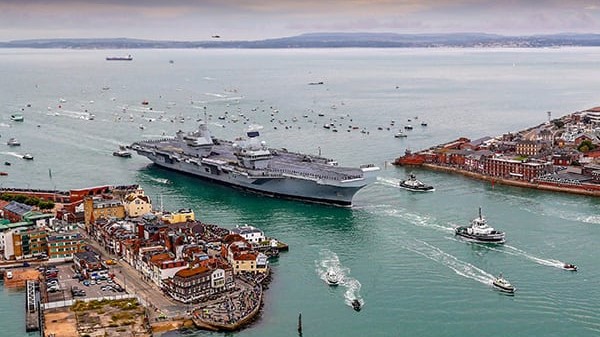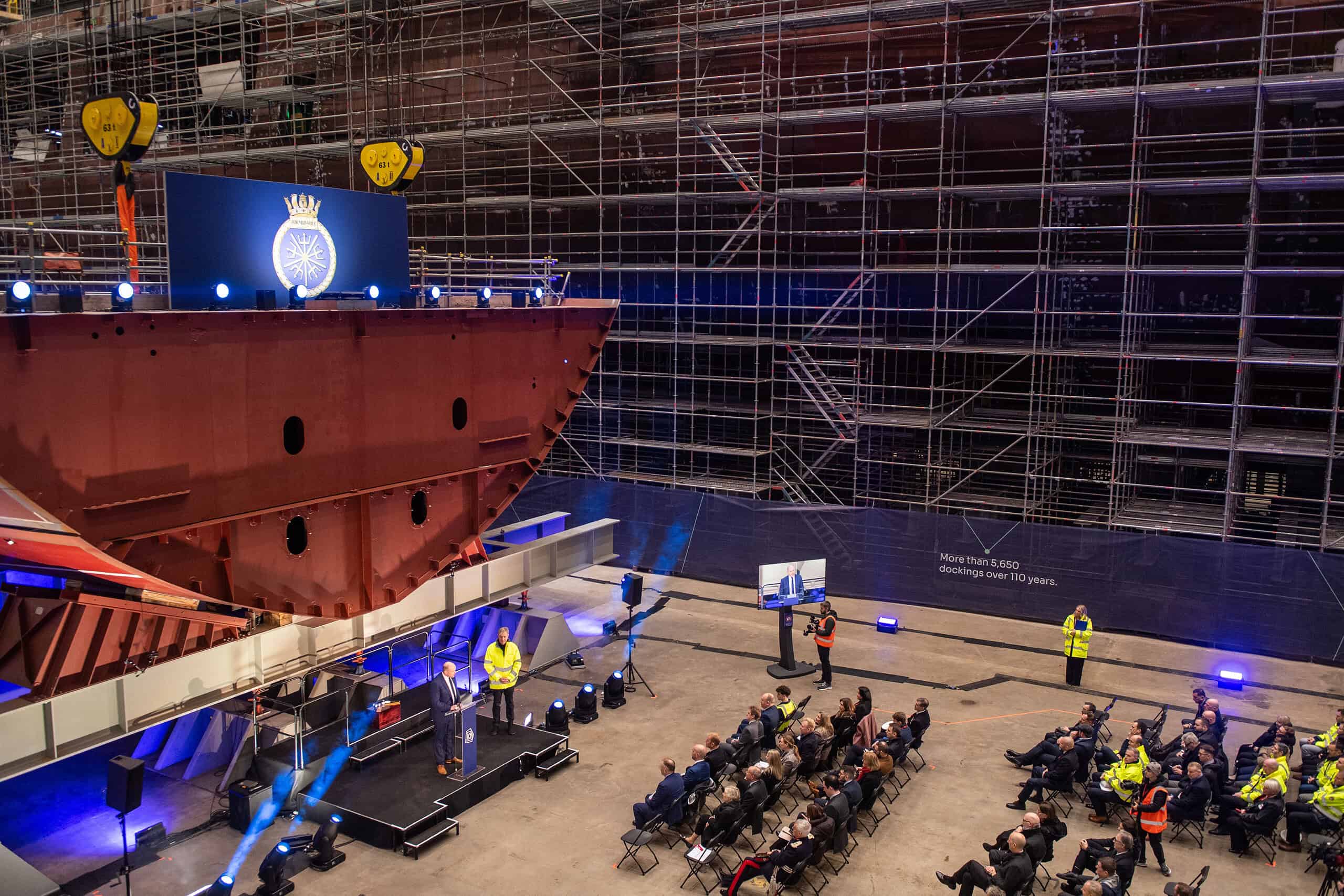Published 18 April 2024
Share this story
British Army soldiers are a step closer to getting their hands on one of Europe’s most lethal tanks – the Challenger 3.
An update of the programme was given to Defence Secretary Grant Shapps as he toured the CR3 production line at Rheinmetall BAE Systems Land in Telford where he also met the engineers and apprentices who have worked on this crucial programme.
With advanced armour and devastating firepower, the Challenger 3 boasts an impressive range of state-of-the-art technology, making it the most lethal and survivable tank ever operated by the British Army.
The first of eight prototype tanks are already showing their capabilities on trials, and all will be tested under operational conditions to validate their performance and make refinements, before another 140 are built and delivered to the British Army.
Defence Secretary, Grant Shapps, said:
“In a more dangerous world, the need for vehicles such as the Challenger 3 is imperative, as the threats facing the UK evolve. This tank will be at the heart of the British Army’s warfighting capabilities and will be integral to the UK’s deterrence.
“The hard work and dedication on show in Telford and across the country is instrumental in driving forward UK defence innovation and delivering for our forces in the frontline.”
The Challenger 3 will remain in service until at least 2040. This third iteration of the Challenger series includes a state-of-the-art turret with a more capable smoothbore gun, which is compatible with NATO ammunition, as well as improved armour and sensors.
Director General Land for Defence, Equipment and Support, Lieutenant General Simon Hamilton CBE said:
“Delivering the capability the Army needs to be more lethal is vital in an increasingly uncertain and dangerous world. The Challenger 3 Programme is a cornerstone of the Army’s Future Soldier modernisation, and I am delighted to see the Army, DE&S and RBSL collaborating together to provide our soldiers with a world-class Main Battle Tank made here in the UK.”













